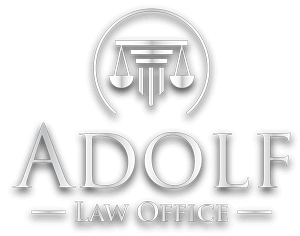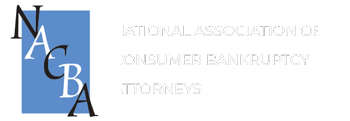Dealing with debt is difficult enough without having to getting calls from debt collectors. A bankruptcy filing provides some protection against debt collectors and collection agencies. But every consumer has other rights to prevent debt collector calls without undergoing this serious legal step.
The law
The Fair Debt Collection Practices Act is a federal law that governs debt collection. FDCPA sets forth what debt collectors can do and prohibited acts.
Collectors cannot call consumers about debts they do not owe. When they first call, you can ask then to verify that the debt is yours. If the debt collector is unable to present verification, they must stop contacting you.
Even without a verification request, debt collectors must comply with certain rules when making these phone calls. Among other things, they may not call consumers before 8:00 am or after 9:00 pm your time. They cannot make repeated calls or call at any time that you said was inconvenient.
Stopping collection calls
FDCPA allows you to hang up on debt collectors. They have no recourse if you refuse to take their calls. Collectors violate FDCPA if they continue to call you.
You can ask debt collectors to stop calling by requesting further communications in writing. Then, they are required to send letters. This helps document everything that was said and can be evidence in a lawsuit against a debt collector for any FDCPA violations.
You may also send a cease and desist letter to the collector or their agency stating that they should cease and desist from further communication with you. This letter, however, only applies to debt collectors who are working for the company which was first owed the debt.
Any cease and desist letter should be sent by certified mail. This will also constitute proof that the letter was sent and received in any legal action for FDCPA violations.
Wrong number
Many times, people who recently changed their telephone numbers receive calls from debt collectors attempting to reach an earlier owner of that number. Telling the collector that they reached the number does not always stop them from calling, however.
A cease and desist letter may be needed. You should not admit to the debt in the letter but tell the debt collector to stop calling that number. If the calls continue after this letter is sent, you should report the caller to the Indiana Attorney General, the Federal Trade Commission and the Consumer Financial Protection Bureau.
Debt collectors may also contact you to try to locate another person such as your friend or relative. This occurs when they received information about you in their background check of the debtor.
Debt collectors are legally permitted to contact a person, who is not the debtor, to obtain a phone number, address and employment information. But they make only one of these contacts and cannot disclose information about the debt. It is illegal if they still contact you for more information after you told the collector what you knew.
Debt collectors may contact the debtor’s attorney, spouse and, if the debtor is a minor, their parent or guardian. These calls must stop, however, if a cease and desist letter is sent to the collector.
After the cease and desist letter
A collection agency can send one more letter after it receives a cease and letter. But the letter must be limited to informing you that there will be no more additional efforts to collect the debt, that the debt collector may undertake certain actions or that it will take specific actions.
It is important to keep copies of the cease and desist letter and its certified mail receipt. These may be evidence that the debt collector violated FDCPA by sending illegal letters.
An attorney may help you take legal action against collection agencies that violate FDCPA and other laws. They can also provide options, such as Chapter 7 bankruptcy, when debt becomes insurmountable and you need a fresh financial start.




